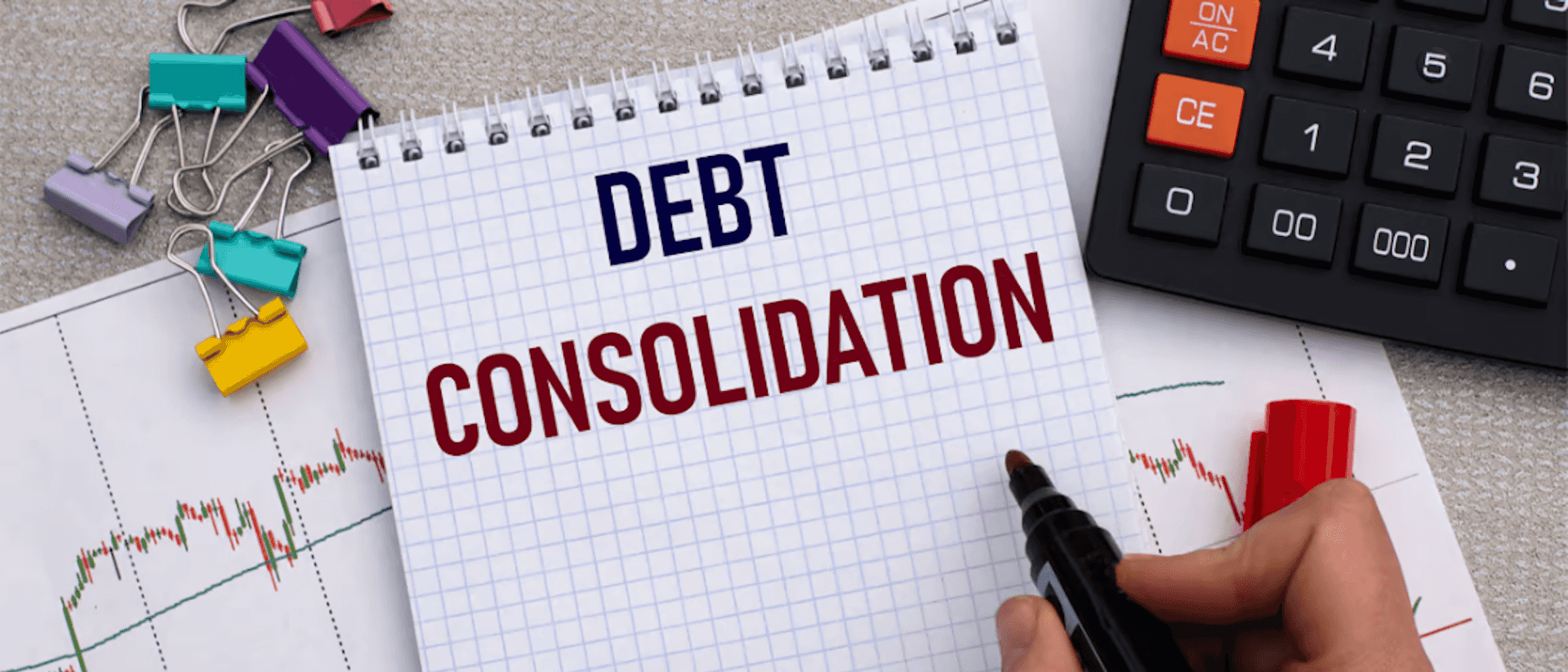Debt Consolidation Loans For Bad Credit: A Complete Overview

Maintaining a healthy credit score is crucial for financial well-being. However, many individuals in Australia face the challenges of bad credit, which can limit their financial options and increase financial stress. Fortunately, debt consolidation loans can provide a potential solution for those with bad credit. This comprehensive overview will explore the concept of debt consolidation loans, understand the implications of bad credit, and discuss the benefits, challenges, and alternatives available.
Understanding Bad Credit
A credit score is a numerical representation of an individual's creditworthiness. In Australia, credit scores typically range from 0 to 1,000 or 0 to 1,200, depending on the credit reporting agency. Various factors contribute to a credit score, including payment history, credit utilisation, length of credit history, types of credit, and recent credit applications. Bad credit refers to a low credit score, resulting from missed payments, defaults, high credit card balances, or other negative financial behaviors. Individuals with bad credit may face difficulty in obtaining loans and credit, higher interest rates, and limited access to financial opportunities.
Debt Consolidation Explained
Debt consolidation is a strategy that allows individuals to combine multiple debts into a single loan. This process simplifies debt management by streamlining monthly payments and potentially reducing overall interest rates. By consolidating debts, individuals can regain control over their finances and work towards becoming debt-free.

There are two main types of debt consolidation loans: secured and unsecured. Secured loans require collateral, such as a home or vehicle, which serves as security for the lender. Unsecured loans, on the other hand, do not require collateral but often have higher interest rates due to the increased risk for the lender. Individuals with bad credit should carefully consider these options and their associated risks and benefits.
Pros and Cons of Debt Consolidation Loans for Bad Credit
Debt consolidation loans offer several advantages for individuals with bad credit. One of the primary benefits is simplified debt management. Instead of juggling multiple payments, individuals only need to make a single monthly payment, reducing the chances of missing due dates. Additionally, if the new loan offers a lower interest rate compared to the existing debts, it can lead to potential savings over time. Moreover, as individuals make timely payments on the consolidation loan, it can gradually improve their credit score.
However, there are potential drawbacks to consider. Individuals with bad credit may face higher interest rates when obtaining a debt consolidation loan. Lenders perceive bad credit as a higher risk, resulting in increased interest rates to mitigate that risk. It is important to carefully assess the terms and conditions of the loan, including any additional fees or charges. Additionally, debt consolidation may temporarily negatively impact the credit score in the short term. However, with responsible repayment, the credit score can recover over time.
Debt Consolidation Loans for Bad Credit: Overcoming Challenges

Individuals with bad credit may encounter specific challenges when seeking debt consolidation loans. Traditional lenders, such as banks and credit unions, often have strict eligibility criteria for individuals with bad credit. These lenders typically rely heavily on credit scores and may be hesitant to provide loans to individuals with financial difficulties.
However, alternative lenders can be viable for individuals with bad credit. Online lenders and peer-to-peer lending platforms offer more flexible eligibility requirements and cater to individuals with less-than-perfect credit scores. Specialist lenders who focus on assisting borrowers with bad credit are also available. Rather than solely relying on credit scores, these lenders assess loan applications based on income stability, employment history, and affordability.
Choosing the Right Debt Consolidation Loan
Individuals with bad credit should consider several factors when selecting a debt consolidation loan. Firstly, a thorough assessment of their financial situation is crucial. This includes calculating the total debt amount, evaluating income stability, and understanding their repayment capabilities. Choosing a loan that aligns with their financial goals and budget is important.
Comparing loan options from different lenders is also essential. Interest rates, loan terms, and fees can vary significantly between lenders. By obtaining multiple quotes and carefully examining the terms and conditions, individuals can choose the most favorable loan for their specific needs. It is advisable to read and understand the loan agreement thoroughly before committing to ensure transparency and avoid any surprises.
Alternative Debt Relief Strategies

While debt consolidation loans are popular, they may not be suitable for everyone. Individuals with bad credit have alternative options to explore:
Debt Management Programs
Credit counseling agencies offer debt management programs that guide managing debts. These programs involve negotiating with creditors for reduced interest rates or affordable payment plans.
Balance Transfer Credit Cards
Individuals can consolidate their credit card debts onto a balance transfer credit card with a lower interest rate or a 0% introductory offer. This strategy can provide temporary relief and potential interest savings, but managing credit card usage responsibly is essential.
Negotiating with Creditors: Directly contacting creditors to discuss revised repayment terms or exploring hardship programs can be an option for individuals with bad credit. Open communication and a willingness to address financial difficulties can lead to more manageable debt repayment plans.
Obtaining a debt consolidation loan is just one step toward financial recovery. Developing good financial habits and making responsible choices to improve credit health and overall financial well-being is crucial.
Creating a Budget and Repayment Plan

Assessing income, expenses, and debt obligations can help individuals establish a realistic budget and allocate funds toward debt repayment. Prioritising debt repayment and avoiding unnecessary expenses are key elements of a successful plan.
Seeking Professional Guidance
Financial advisors or credit counseling agencies can provide expert guidance tailored to individual circumstances. They can offer personalised strategies, advice, and ongoing support in achieving financial goals and improving credit health.
Conclusion
In conclusion, debt consolidation loans can be a valuable tool for individuals with bad credit to manage their debts effectively. Individuals can make informed decisions by understanding the implications of bad credit, exploring available loan options, and considering the pros and cons. Choosing the right loan is crucial, as considering alternative strategies if necessary and adopting responsible financial habits pave the way toward financial recovery and a brighter future.
When searching for a debt consolidation loan, Driva is the ideal choice to consider. Our company stands apart due to our dedication to transparency. We prioritise providing clear and comprehensive information about our services, fees, and terms. With Driva, you can make well-informed decisions without the worry of hidden surprises cropping up throughout the process. Compare 15+ lenders and find the best deal that suits your financial situation.


.png)







